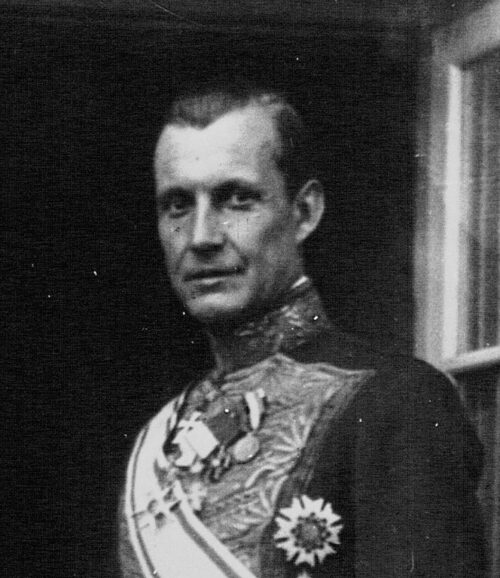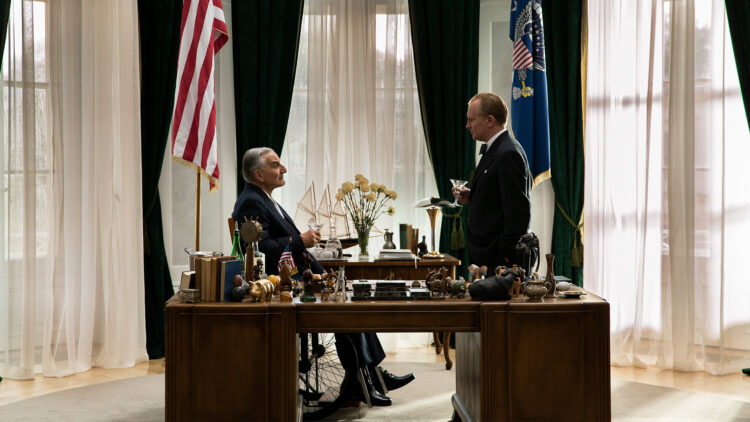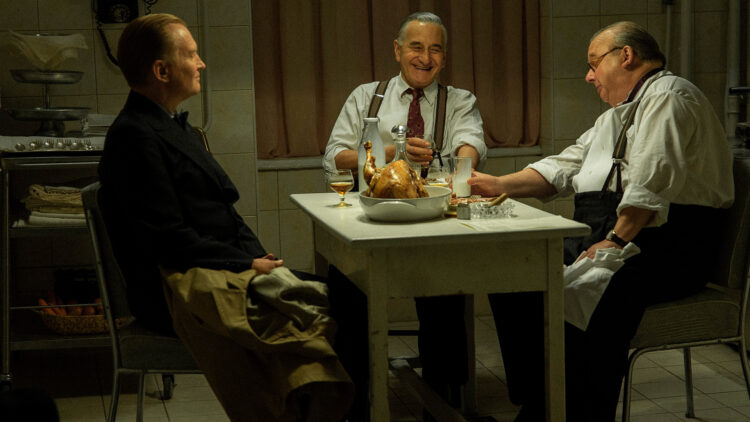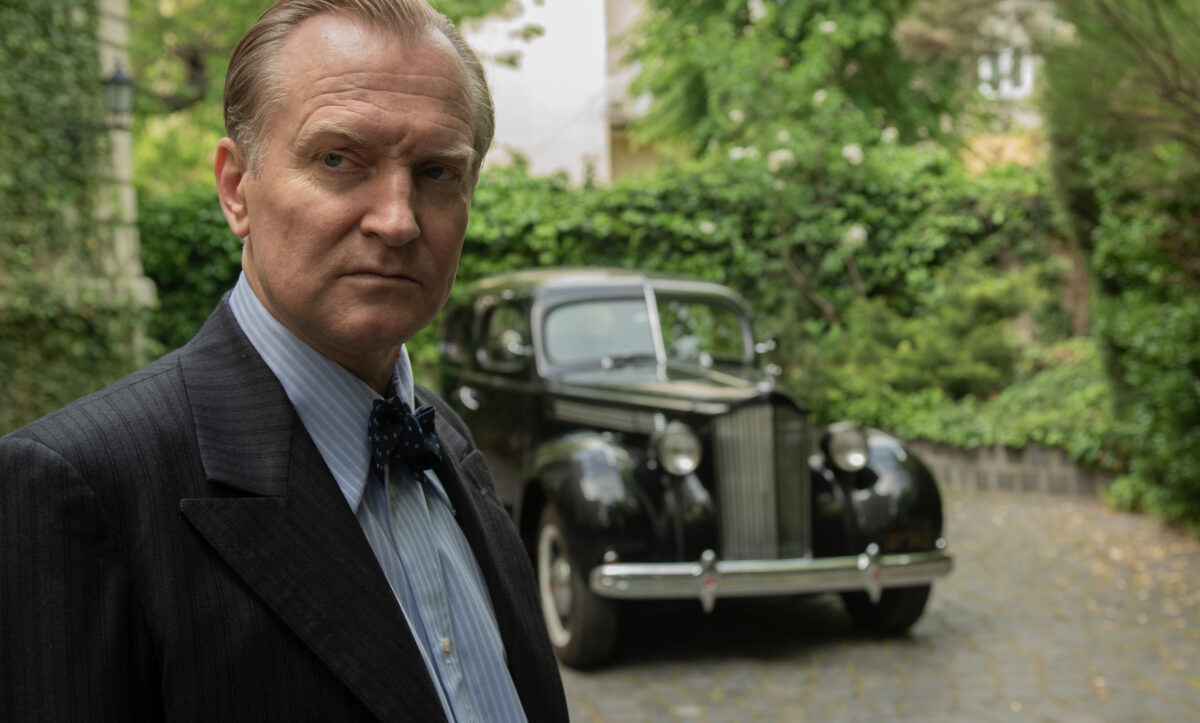Danish career diplomat Henrik Kauffmann was one of the unsung heroes of World War II. A fervent anti-Nazi, he generated newspaper headlines when he declared Denmark’s embassy in Washington independent of the Danish government following Germany’s invasion of Denmark on April 9, 1940.
With Denmark cooperating with the German occupying force, he decided he could no longer work with or take orders from a compliant Danish government that had lost its free will to act as a sovereign state.
Christina Rosendahl absorbing movie, The Good Traitor, which will be available on VOD platforms starting on April 13, is inspired by true events, tracing the arc of Kauffmann’s courageous decision to defy Denmark’s Ministry of Foreign Affairs.

Kauffmann (Ulrich Thomsen) arrived in Washington in 1939, knowing full well that a war was brewing in Europe. After a chat with President Franklin Roosevelt (a miscast Henry Goodman) at the White House, he was convinced that the United States would not intervene to help Denmark should it be occupied by Germany, its neighbor to the south. He had access to the U.S. president because his American wife, Charlotte (Denise Gough), knew him on a personal basis through her well-connected family.

With German troops occupying Denmark and Danish politicians cooperating with the Nazis, Kauffmann let it be known that his embassy represented the king and the “free Danish people,” but not the Danish government itself. He had the full support of his wife. “You cannot support Nazism,” she said.
However, a top-level State Department official told him in no uncertain terms that the United States would remain neutral and would not be “dragged into someone else’s war.” Undeterred by Washington’s position, Kauffmann continued to work for the reestablishment of a free and independent Denmark and to chip away at Roosevelt’s non-intervention policy.
The Good Traitor, though, is not only focused on politics. In a subplot, Kauffmann restarts a romantic liaison with his wife’s sister. This theme is basically a distraction from the matter at hand.
In a timely move, Kauffmann extracts a promise from Roosevelt that he will support his ambassadorship come what may. Having learned that Denmark is withholding funds to operate the embassy, he comes up with two interlocking ideas to sustain himself in Washington and Danish ambassadors in other countries who share his beliefs.
He will draw on Denmark’s gold reserves in the U.S. to cover the embassy’s expenses. And he will offer the United States a permanent military base in Greenland — a Danish colonial possession in the Arctic — in exchange for its official recognition of him as Danish ambassador. Unbeknownst to Kauffmann, a diplomat in the embassy is working to countermand his plans.

Much to his surprise, the Ministry of Foreign Affairs retaliates, accusing him of high treason, issuing a warrant for his arrest, dismissing him from his post, and ordering him to return to Copenhagen.
The plan is foiled by the Roosevelt administration, which needs Greenland to defend the North Atlantic Ocean from the German Navy.
When the war ends, Kauffmann is hailed as a hero, though his superiors in the ministry do not necessarily regard him in high esteem.
The final scene takes a grotesque turn, which seems at odds with the film’s generally uplifting tone.
